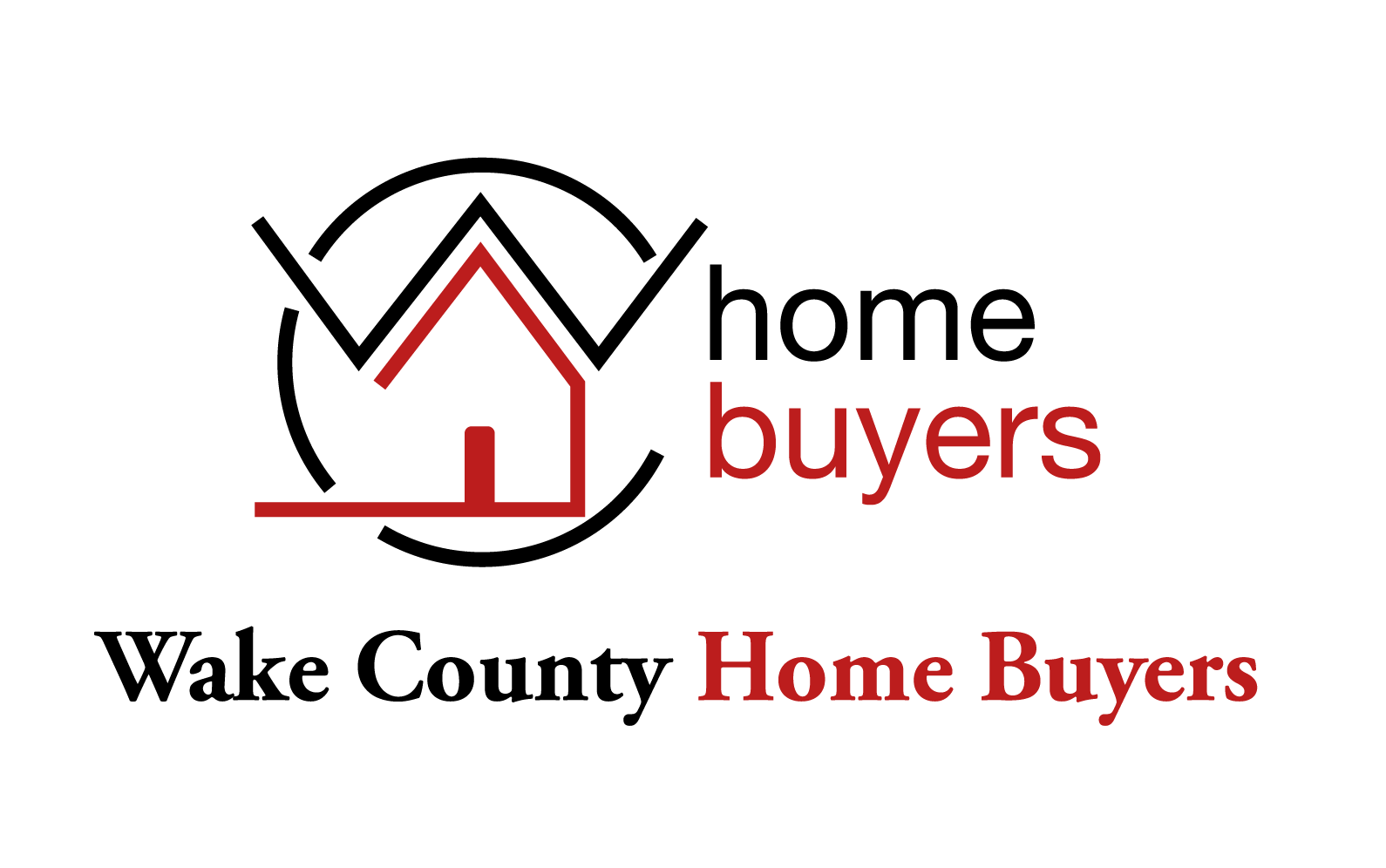If you were older than 10 in 2008, you’ve probably heard about the housing market bubble and the subsequent housing market bubble burst. This crisis sent our country reeling, and it took nearly eight years to get our economy back on track.
We all know how terrible this crisis was, but what is a housing market bubble? Read on to learn more about this economic phenomenon and why it’s such a bad thing when they burst.
What Is a Housing Market Bubble?
Let’s start by discussing what a housing market bubble is in the first place. This phenomenon is based on the system of supply and demand that drives our economy. When we have an abundance of something, the price for that item is low; when supply drops, prices go up.
A housing bubble occurs when housing prices shoot up to higher than average because of a sudden low supply. If new homes aren’t being built and homeowners aren’t selling, the number of houses available on the market drops. This inflates the price of the houses that are for sale, sending them skyrocketing beyond what the market can sustain.
What Causes It?
The most common cause of a housing market bubble is real estate speculation. Investors will often buy houses during lulls in the market and either rent them, maintain them, or renovate them. Then, when the market takes another upswing, they can sell those houses and make far more money than they originally paid for the investment.
If real estate speculation starts predicting a big upswing in property values, investors may start snapping up houses as quickly as they can. The problem is these investors aren’t living in the homes or selling the homes in the usual pattern a homeowner would. They’re just taking them off the market, artificially shrinking supply and sending home prices skyrocketing.
Why Building More Houses Doesn’t Help
You may be wondering why builders don’t just start constructing more homes when a housing market bubble starts happening. After all, more new homes mean increased supply, which drops prices and levels out the market, right? Unfortunately, the system is much more complex than that.
When house prices are so artificially inflated, builders tend to list their new homes for comparable prices. Unfortunately, most buyers can’t afford these prices, so they don’t buy new homes. It also takes time to build a new home, and most builders don’t want to pour money into constructing new houses no one will want.
For instance, let’s say a builder invests $200,000 building a new home. In order to make a profit and keep up with current market prices, they list the home for $450,000. But most homeowners can’t afford a half-million dollar home, so the builder is out $200,000, and the housing bubble doesn’t change.
Why They Burst
When housing prices skyrocket in a housing bubble, fewer buyers are able to afford new homes. The young couple who might have bought a larger house for their growing family makes do with the space they have instead. The retired family looking to downsize instead stays in the larger home they’ve invested so much money in.
As demand drops out, it suddenly hits a threshold where, even with the low supply, demand is still lower. Those investors who bought up houses hoping to make money are suddenly trying to dump them back onto the market before they lose out. But no buyers are biting, and just like that, the market drops out, and the bubble has popped.
What Happens When They Burst
We know that a housing bubble burst is a bad thing, but we may not understand why. For one thing, every industry in our economy is interconnected through the buying cycles. When real estate agents, home builders, and investors aren’t making money, they don’t purchase new cars, clothes, or vacations.
This hurts automotive companies, clothing companies, airlines, and travel companies, who lay off employees, who don’t buy new houses, and so on and so forth.
But the real problem occurs when people start getting their homes foreclosed on. In 2008, mortgage companies were giving loans to high-risk borrowers who couldn’t afford the mortgage. When the housing prices rose and these people couldn’t afford to move to a cheaper home, they got stuck in a foreclosure, banks lost their money, and our economy came crashing down.
How to Know When a Housing Bubble Is Happening
Those of us who lived through the Great Recession are hyper-vigilant about another one happening. So how can you tell whether we’re about to go into another housing bubble? To start with, we want to reassure you that after the 2008 crisis, the United States made sweeping real estate and mortgage law reforms that make the chances of another bubble burst very slim.
For one thing, adjustable rate mortgages have caps that keep interest rates from swinging too much. Most loan programs also require a down payment of at least 3.5 percent to ensure families can afford the houses they buy.
The main thing to watch out for is sharp upturns in house prices. Normal growth is a natural part of the real estate market, and over the years, it’s healthy to see property values on the rise. But if there’s a sharp upturn in prices that outpaces actual value growth, that’s when you should be concerned.
Make Smart Housing Choices
The 2008 housing market bubble burst was one of the worst financial crises in modern history. But thanks to serious changes in real estate and mortgage law, we’re unlikely to see another of these bubbles forming again.
If you’d like to sell your house and take advantage of the current real estate market, check out the rest of our site at Wake County Home Buyers. We buy houses in Raleigh, North Carolina, with no fees and no repairs required. See how it works and get cash from your home sale today!

![we buy houses for cash [market_city]](https://image-cdn.carrot.com/uploads/sites/7933/2022/10/We-Buy-Houses-Cash-Home-Buyers-1679x800.png)